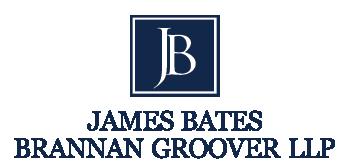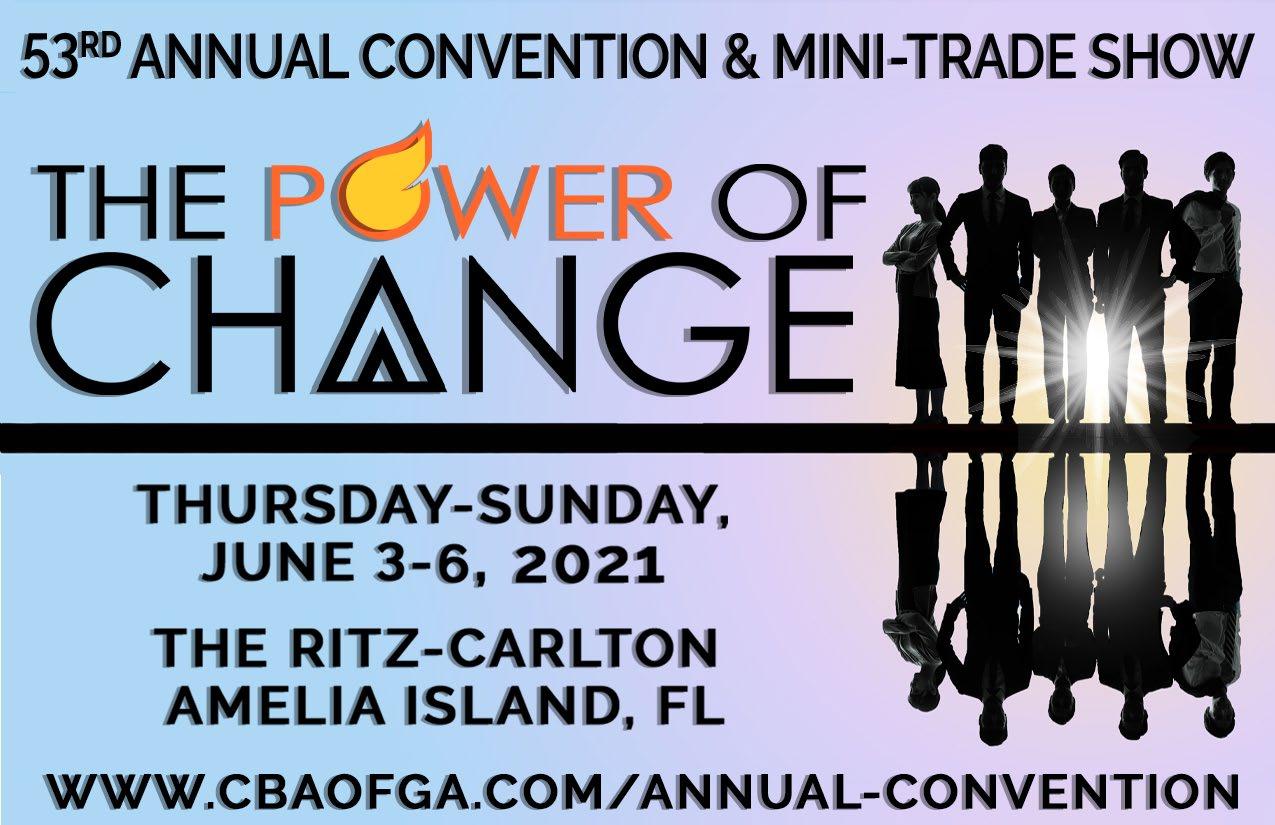
5 minute read
Meeting Customer Needs
Meeting customer needs in
David Lance
Advertisement
President & CEO Greater Community Bank 2020-2021 CBA Chairman
When Congress passed a new $900 billion stimulus bill to further assist individuals and small businesses the sighs of relief could be heard amongst our many communities.
As our small businesses continue to be impacted by the COVID-19 pandemic, now, more than ever they are leaning on their local community banker for support and guidance as they navigate through these challenging times. Being a resource for our customers is something of which we can and should all be proud.
For businesses, the new stimulus bill brings additional funding for the Paycheck Protection Program (PPP) for first time borrowers and the addition of the “Second Draw” program for existing PPP borrowers. This bill also changes how PPP expenses are taxed by repealing the IRS code 2020-32. The bill made significant changes to eligible PPP expenses, extended unemployment benefits, and provided food and farmer assistance with another $13 billion in direct payments. For individuals, the new stimulus bill provides a second round of relief in the form of direct deposits, checks and debit cards. Individuals will receive a payment of $600, while couples making up to $150,000 will receive $1,200, in addition to $600 per child. The new deal also makes the stimulus checks more accessible to immigrant families.
For Georgia community banks, meeting customer needs in an ongoing socially distanced environment will remain a priority. As our industry moves forward, enhancing the delivery of online, mobile and other digital banking opportunities will be key.
As we enter 2021, it is imperative that we all stay mindful that while there have been many challenges presented over the last year, we are entering a new year of opportunity. The new stimulus bill, enhancements in digital offerings, and good old ingenuity and hard work, will continue to allow community bankers the opportunity of providing service and guidance to our loyal customers during a time in which they need us most.
Corner GENERAL COUNSEL
legal news and updates for cba members
Have a topic you would like to see covered in “General Counsel Corner?” Email us at generalcounselcorner @ jamesbatesllp.com
cbahotline @ jamesbatesllp.com
David B. Anderson
Attorney (478) 336-5517
danderson@jamesbatesllp.com
Corrie E. Hall
Attorney (478) 749-9949
chall@jamesbatesllp.com
G. Grant Greenwood
Attorney (478) 749-9935
ggreenwood@jamesbatesllp.com COVID-19 Vaccination: Can You Mandate it? Should You? By David B. Anderson, Corrie E. Hall and G. Grant Greenwood At long last, some welcome news—two COVID-19 vaccines have been developed and approved for use by the FDA. First line responders across the United States, including in Georgia, have already begun receiving a vaccine. While vaccine supplies are limited at this time, the Centers for Disease Control and Prevention (“CDC”) assures the public that it expects supplies to increase over time, allowing for all adults to get vaccinated by late 2021. This is exciting news and suggests the return of some “normalcy”. Yet the availability of two vaccines presents its own set of issues for employers. Many employers, including financial institutions, have been grappling with whether to mandate that employees must receive a vaccine. In March 2020, the U.S. Equal Employment Opportunity Commission (“EEOC”) updated its guidance in response to the COVID-19 pandemic. In this guidance, the EEOC suggested that an employer can mandate that its employees must receive a vaccine when available, subject to exceptions. Two major exceptions are: (i) if an employee has a disability under the Americans with Disabilities Act (“ADA”) that prevents vaccination; or (ii) if the employee has a sincerely held religious belief, practice, or observance which prevents vaccination. Until recently, the EEOC was relatively quiet with respect to this guidance. As a result, employers called for more guidance from the EEOC as potential vaccine distribution drew nearer. On December 16, 2020, the EEOC answered this call by publishing guidance specifically related to a vaccine and employers. This updated guidance will assist financial institutions as they struggle with whether to mandate vaccination of employees in the workplace. In its updated guidance, the EEOC again confirmed that an employer can mandate that its employees receive the vaccine, subject to the exceptions discussed above. The guidance additionally confirms that an employer can host on-site vaccinations without a third party’s administration of the vaccine being considered a medical examination under the ADA. Yet the guidance also warns that certain pre-screening questions during such vaccine administration may be a disability-related inquiry, which is generally prohibited under the ADA. While this guidance is helpful, this area remains murky. Consider the following scenario: ABC Bank adopts a policy that requires its employees to receive a COVID-19 vaccine. In doing so, ABC Bank takes a step to protect its employees from direct threats of COVID-19 caused by heavy foot traffic and workforce numbers in its branches. As a result, ABC Bank may experience less workforce disruptions due to COVID-19 and its high-risk customers may feel more safe entering ABC Bank’s branches. However, ABC Bank must now also navigate employee requests for accommodation under the ADA or due to a sincerely held religious belief. While these requests are very appropriate, ABC Bank must navigate these requests uniformly to ensure no disparate treatment results. Further, ABC Bank may also have to address situations where high-performing employees refuse to receive the vaccine, whether due to good reasoning or misinformation. Generally, employees do not like their employers telling them what to do with their health.

In lieu of mandating a vaccine, your financial institution can nevertheless strongly encourage that its employees receive a vaccine. By strongly encouraging employees to receive the vaccination, a financial institution may still avoid its branches becoming an exposure site. However, this route is not immune from issues as well; for example, an employee could still claim that its employer failed to keep the employee safe from a direct threat of COVID-19.
Unfortunately, there is no clear-cut answer for an employer with respect to mandating that its employees receive a vaccination. Accordingly, we recommend that any decision on mandatory vaccination be made by management and your institution’s Board of Directors. Further, we strongly encourage that point of entry signs bearing the appropriate warning language under Georgia Senate Bill 359 be placed at all physical locations for employees and/or customers to shift the risk of liability for COVID-19 exposure to the employee and/or customer. Should you want to discuss the EEOC’s guidance, appropriate workforce policies and plans, or point of entry disclaimers, please contact us with any questions, and we will be happy to assist you.









